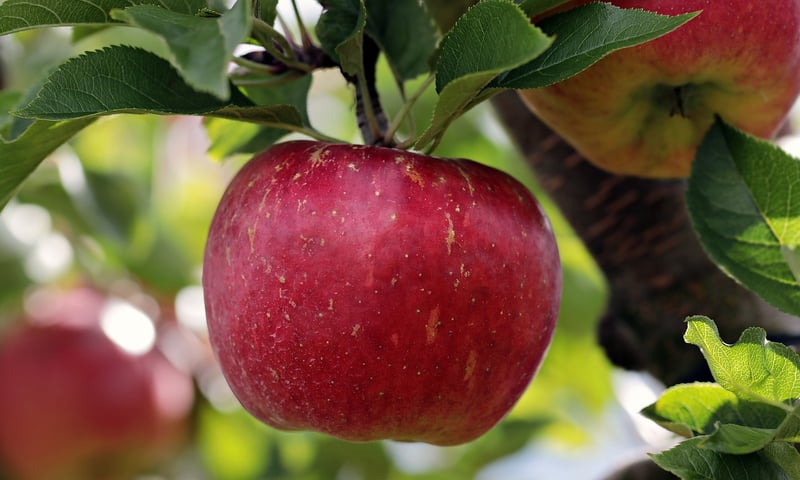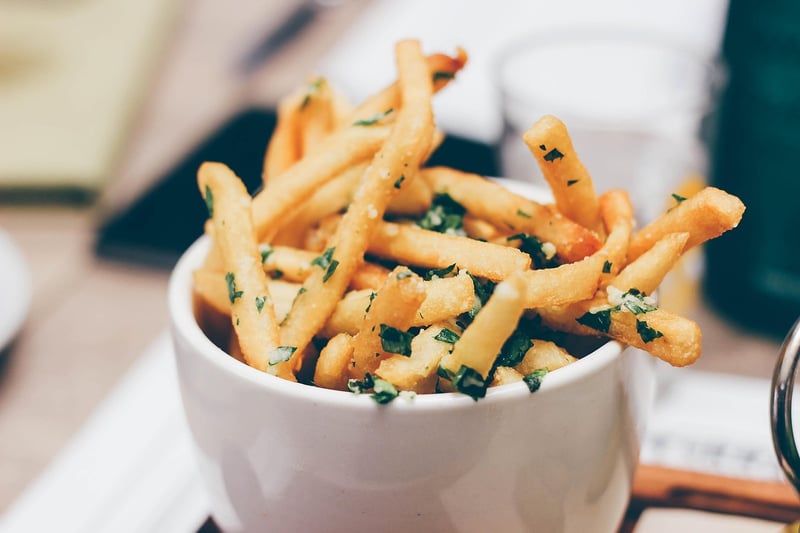Storage Tips
Maximizing Yield and Longevity of Your Produce: Essential Storage Tips
Proper storage of fruits and vegetables is key to maximizing their freshness, flavor, and nutritional value. By following these storage tips, you can ensure that your produce stays fresh for longer and minimizes waste.
1. Store Fruits and Vegetables Separately
Most fruits emit ethylene gas, which can speed up the ripening process of vegetables. To prevent premature spoiling, store fruits and vegetables in separate compartments or drawers in your refrigerator.
2. Use Perforated Bags or Containers
For items like leafy greens, herbs, and berries, use perforated bags or containers to maintain airflow while retaining moisture. This helps prevent wilting and mold formation.
3. Keep Potatoes, Onions, and Garlic in a Cool, Dark Place
Root vegetables like potatoes, onions, and garlic should be stored in a cool, dark place with good ventilation. Avoid storing them in the refrigerator, as the cold temperature can cause their starches to turn into sugars.
4. Store Tomatoes at Room Temperature
Tomatoes should be stored at room temperature to preserve their flavor and texture. Avoid refrigerating them, as this can cause them to lose their taste and become mealy.
5. Wrap Leafy Greens in Paper Towels
To extend the freshness of leafy greens like lettuce and spinach, wrap them in paper towels before storing them in a sealed container in the refrigerator. The paper towels help absorb excess moisture, keeping the greens crisp.
6. Freeze Excess Produce
If you have an abundance of ripe fruits or vegetables, consider freezing them for later use. Properly blanch and store them in airtight containers or freezer bags to maintain their quality for an extended period.
7. Check and Rotate Your Stock Regularly
Make it a habit to check the condition of your produce regularly and use up items that are nearing their expiration date. Rotate your stock so that older items are used first, reducing the chances of food waste.
8. Utilize Ethylene Absorbers
Consider using ethylene absorbers or sachets in your storage containers to help prolong the freshness of your produce. These absorbers help neutralize the ethylene gas released by fruits, keeping other items fresh longer.
Conclusion
By implementing these storage tips, you can extend the shelf life of your fruits and vegetables, reduce food waste, and enjoy fresh produce for longer periods. Proper storage not only saves you money but also ensures that you get the most out of your nutritious foods.
Remember, the key to maintaining the quality of your produce lies in proper storage practices. With a little effort and attention to detail, you can enjoy the full flavor and nutritional benefits of your favorite fruits and vegetables.


